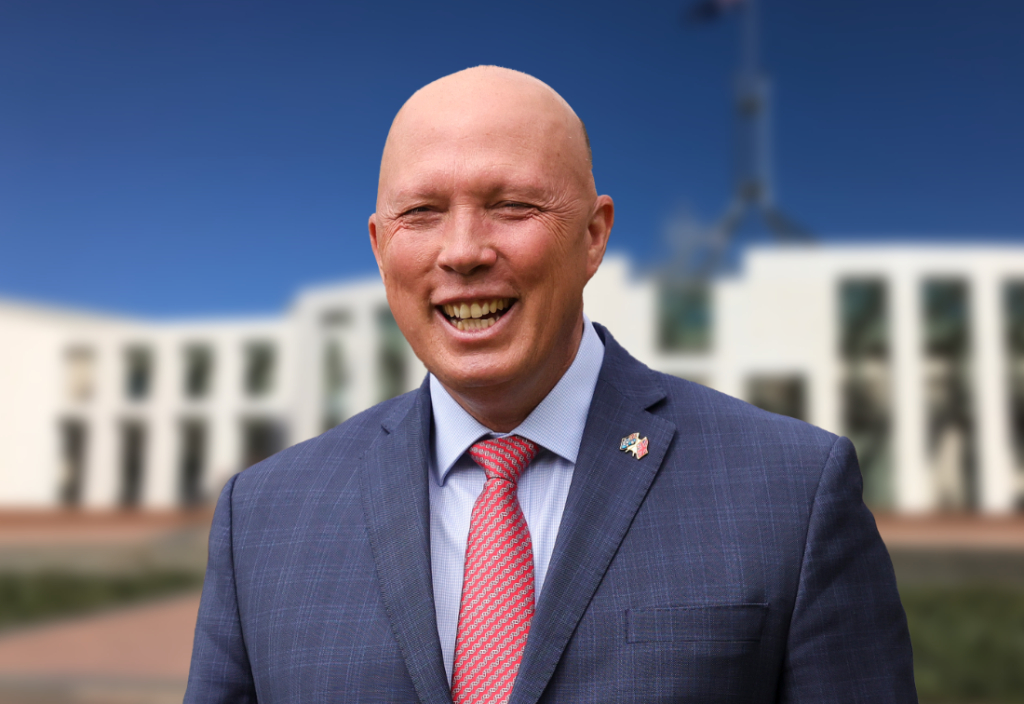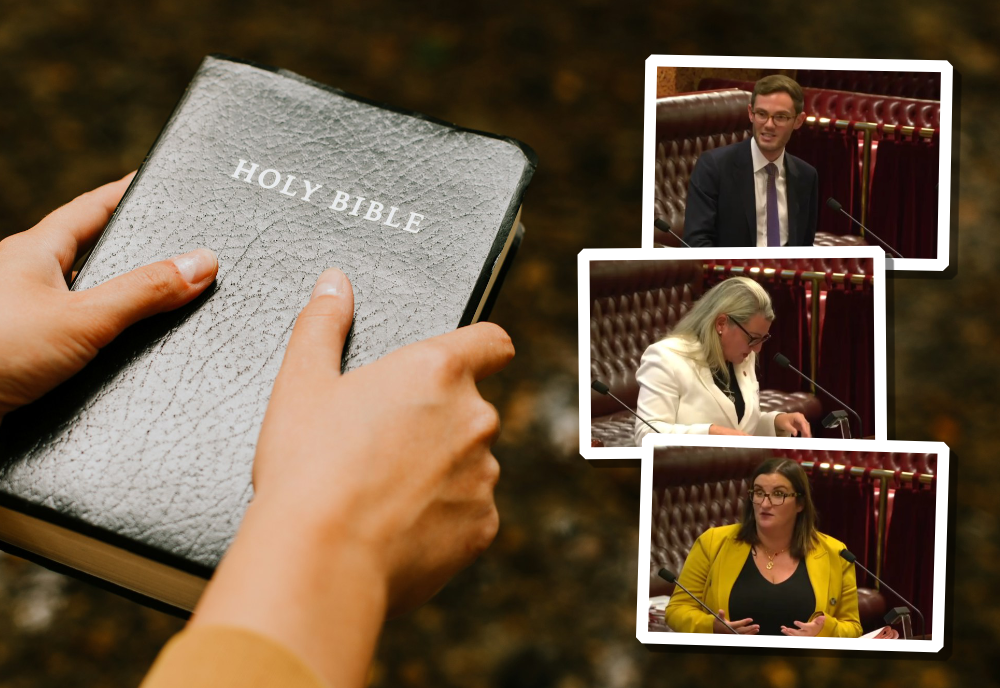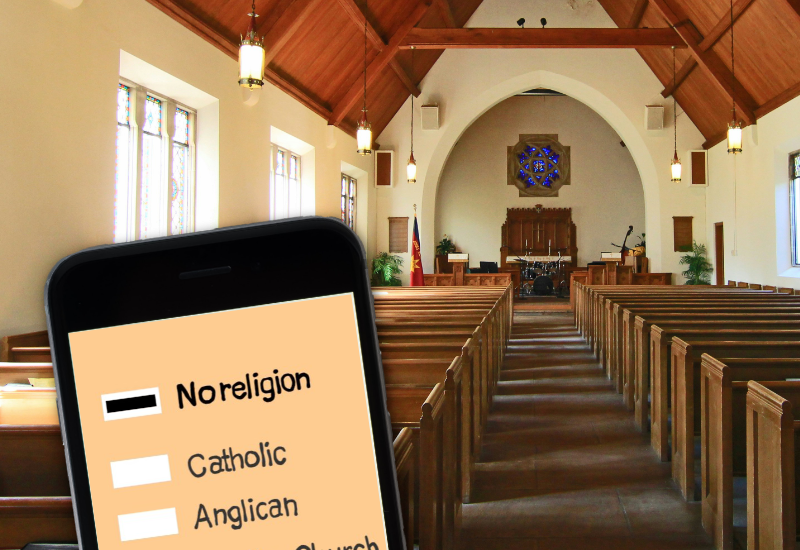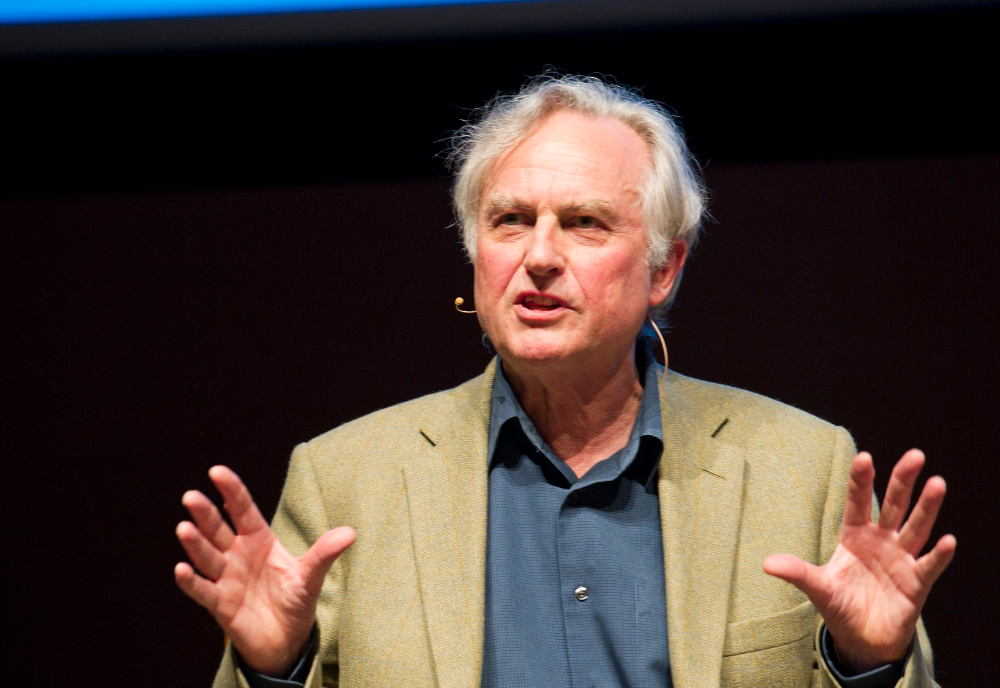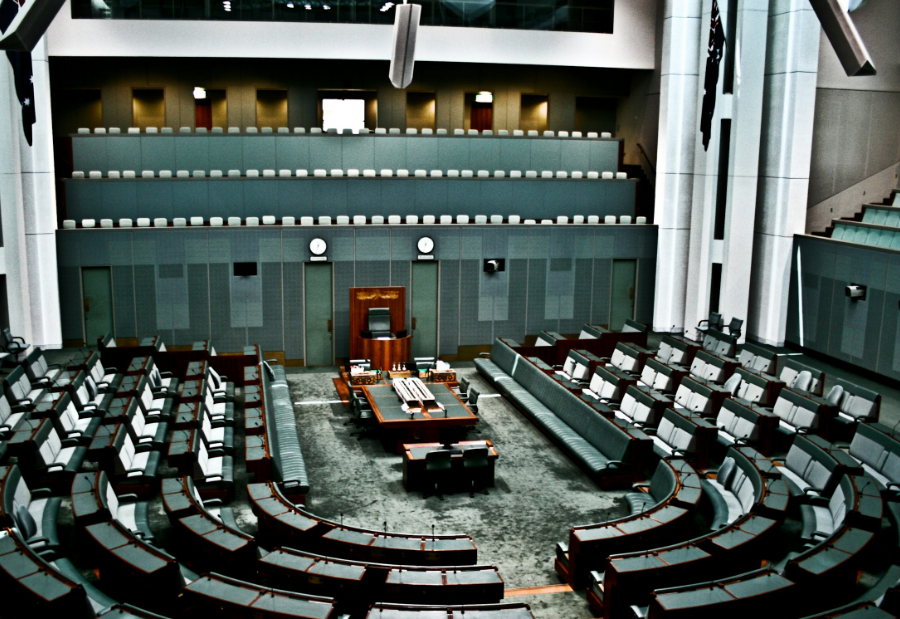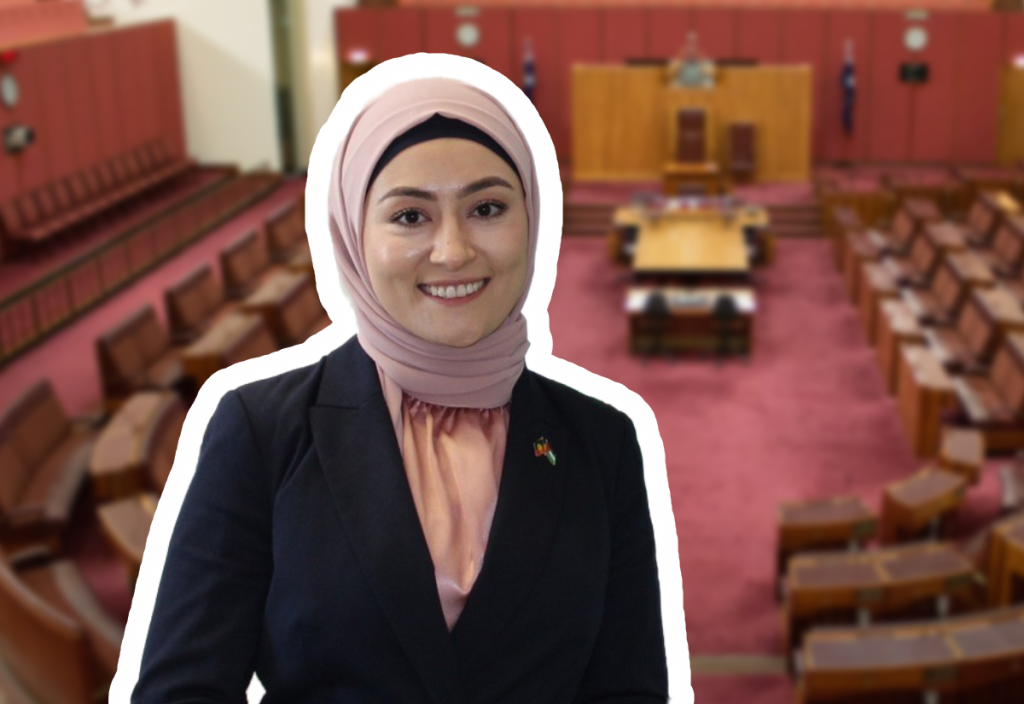When I read Meredith Doig’s comment about "a new breed of 'muscular' Christians (Australian Rationalist, December 2020), some of them Catholic, some of them Protestants … [who] have pushed their way into Australian politics", it triggered several responses.
When I was a member of the Liberal Party in South Australia from 1966 to 76, the 'natural homes' of Roman Catholics (RCs) were the ALP and the DLP. Indeed, I knew only one member who was a Roman Catholic. Nearly 20 years later there began a surge of right-wing, religiously conservative Roman Catholics entering federal parliament as members of the Liberal Party. They came to dominate it. In 1991, Kevin Andrews entered parliament and soon led a successful move to have the federal parliament overrule the Northern Territory's recently passed, pioneering euthanasia laws. In a by-election in 1993, the Jesuit-educated Christopher Pyne was elected. Tony Abbott joined them in Canberra in 1994.
Two years later, the 1996 election, which brought John Howard to power, saw 36 new members enter the House of Representatives. "Of the twenty-four, where it is a matter of public record, eight members of the 'Class of 96' attended Catholic schools." (The Class of 96: A Biographical Analysis of New Government Members of the Australian House of Representatives, Paul A. Pickering) Among them were the Jesuit-educated Brendan Nelson and Joseph Benedict Hockey, ironically named after Joseph Benedict Chifley. They kept coming: George Brandis in 2000...
Out in the open: Should candidates for parliament state their religious affiliations?
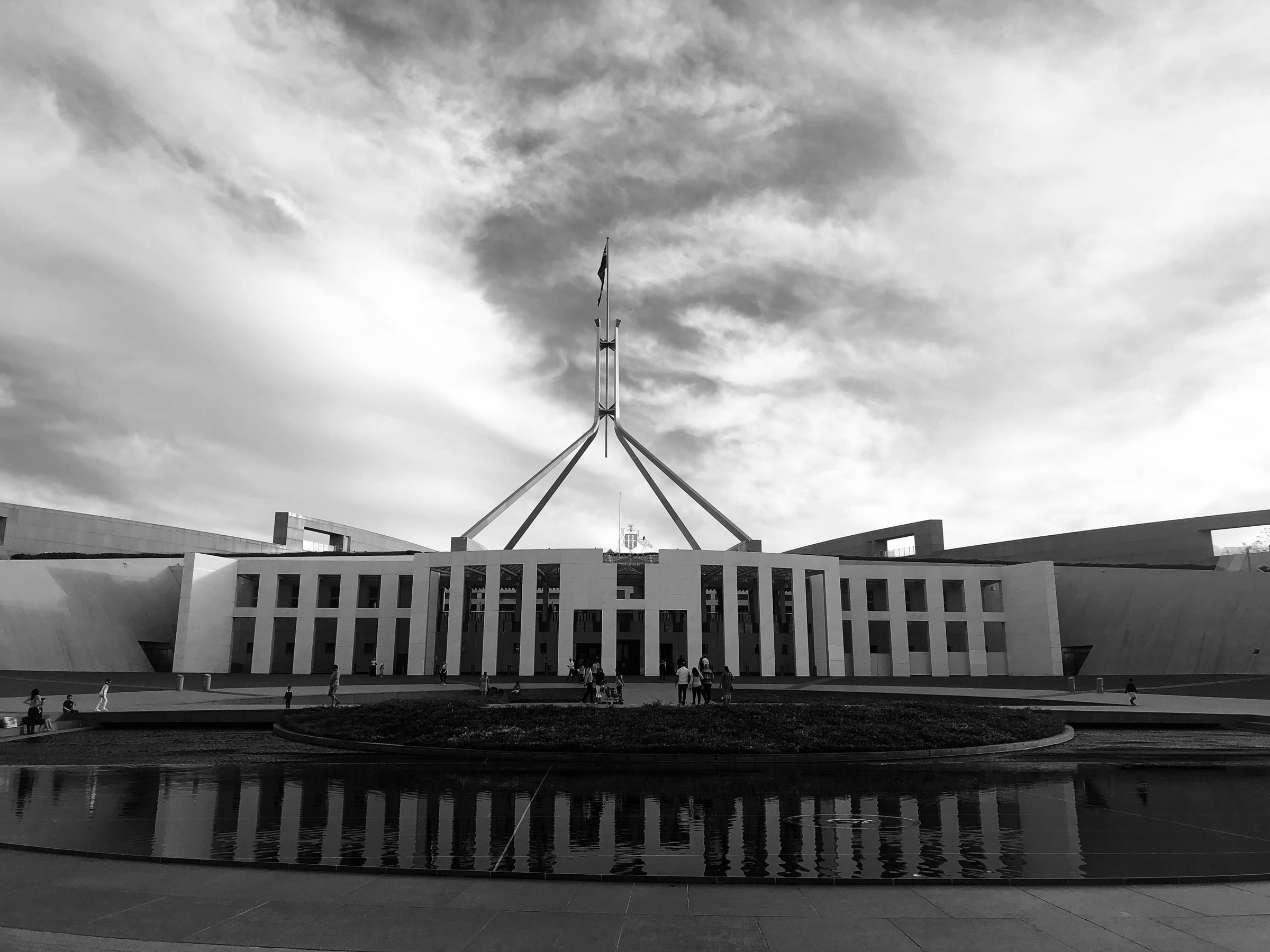
14
Mar


